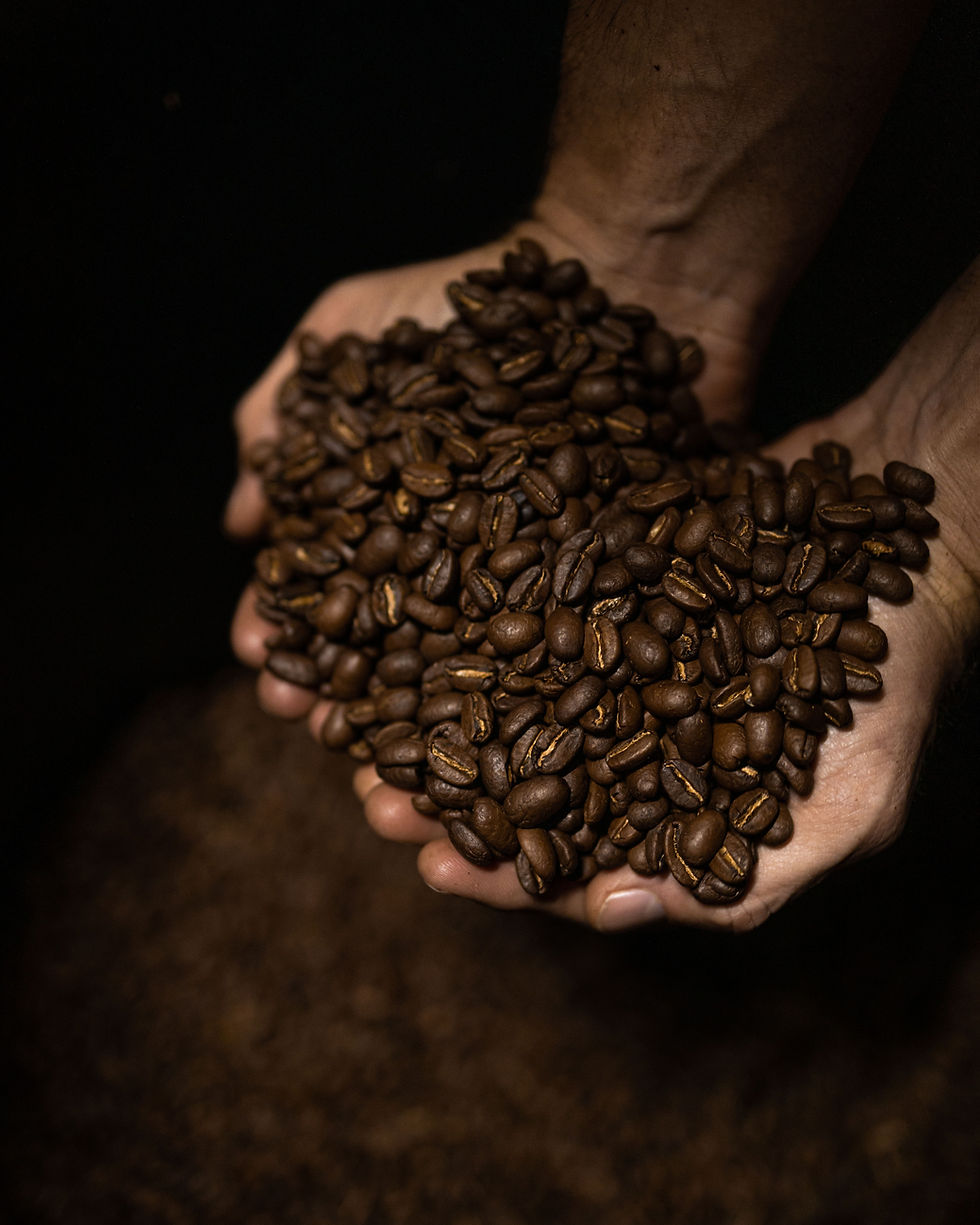What are the Differences Between Traditional Coffee Roasting and Industrial Coffee Roasting?
- Top Roasters
- Jul 26, 2022
- 3 min read

A world-renowned coffee brand has a different purpose than micro-roasting. This coffee brand will want to sell as many coffees as possible in as many stores as possible in as many countries as possible, so their strategy is simple and volume oriented.
Roasting companies do the opposite. In other words, it shows the difference of freshly roasted coffee by appealing to a consumer who wants to consume the product a few days after the roasting date, by going for quality, not volume.
And we're not just talking about freshly roasted coffee here, we're talking about the quality of the coffee as well. Contrary to many people's expectations, a big coffee brand will never be able to market a high quality coffee because that quality coffee will still have a cost, no matter how big the brand is, it will buy green coffee more efficiently than micro coffee. The coffee plant, however, is not efficient enough to cover certain costs, basically the coffee will reach the shelf at a much higher price. Then you turn to a low or medium quality coffee, coffee available in very large volumes. Another goal is to be valid for as long as possible, which affects quality. A coffee loses its aromatic properties a few weeks after roasting, especially if the packaging is not done properly.
On the other hand, freshly roasted coffee can delight you with its aroma immediately after roasting, because you buy a small amount and the corresponding roaster will roast it in small quantities.
So the differences are mainly quality related to cost and final selling price and then we are also talking about purpose, quality versus volume and that volume and quality part is also reflected in the degree of roasting.
A lower quality coffee must be roasted more intensely, otherwise the green bean's imperfections will be felt in the cup. Also, coffee sold in industrial quantities cannot be sold for a very long time, several months after the roasting date, unless it is roasted very intensely, because over time the coffee loses its aromatic and volatile properties, loses its solubility and you practically no longer feel them in the cup, so it becomes more soluble and more concentrated. roasted. However, this intense roasting affects its aromatic properties, because the essential oils that give coffee a taste are replaced by a familiar taste such as bitter, burnt and earthy.
Why do we put sugar in that coffee?
A lot of people put sugar in coffee, a lot of people think that coffee has to be bitter and we have to put sugar in it, otherwise you can't drink it. No, a coffee does not have to be bitter, a coffee is bitter because it is roasted too intensely to last longer on store shelves, not because it is better that way.
What does it mean? It means that the chemical components that give sweetness to coffee, namely sugars, amino acids, proteins and carbohydrates, enter into chemical reactions with the roasting process to form essential oils. If this chemical reaction is overdone, ie intensely roasted, these ingredients are consumed, they start to become a fuel themselves, and because they are no longer available, the coffee is no longer naturally sweet, just bitter.
If you buy a quality coffee that has been roasted with a slight environmental responsibility, you consume that coffee for exactly the time these ingredients are at maximum capacity, and then freshly roasted coffee naturally contains amino acids, sugars and carbohydrates. Then there is no need to add sugar, or at least not too much sugar because it will benefit from a natural sweetness.
That's why sugar is put in coffee because it doesn't taste as it should, you can't drink anything bitter.







Comments